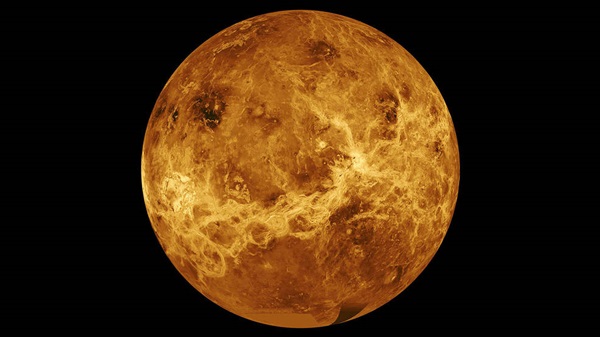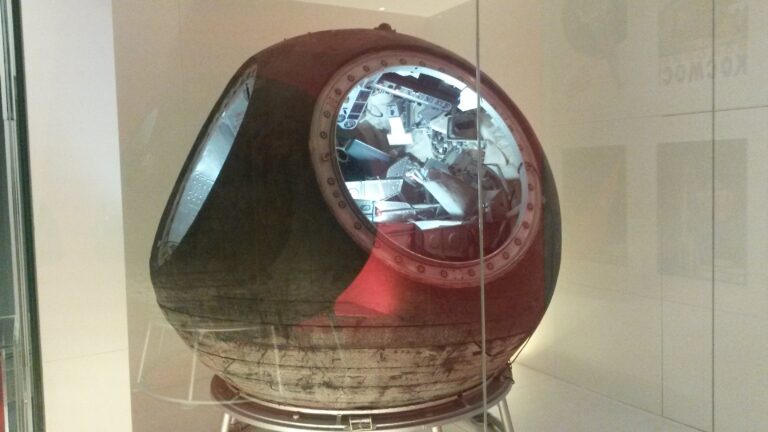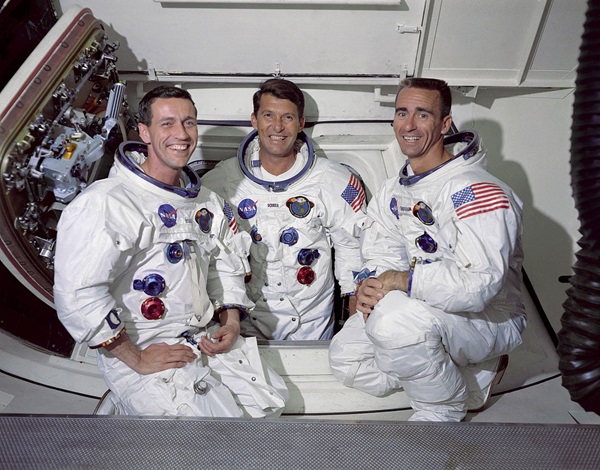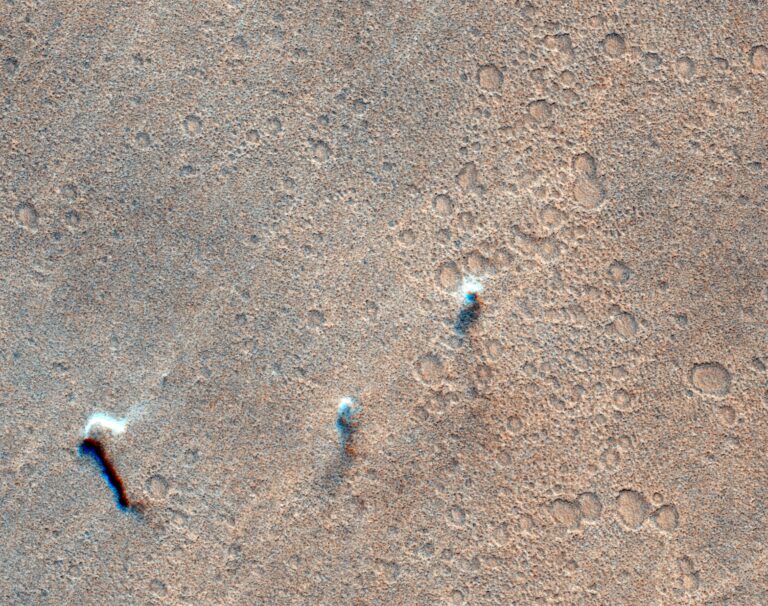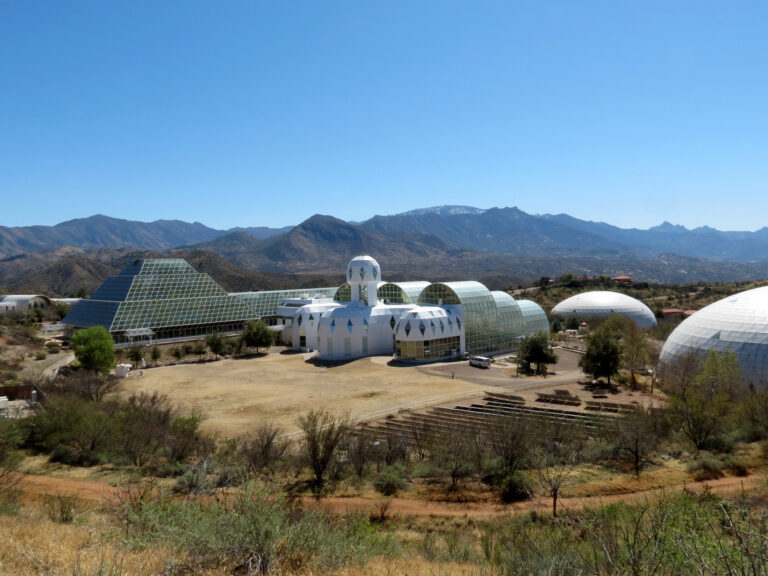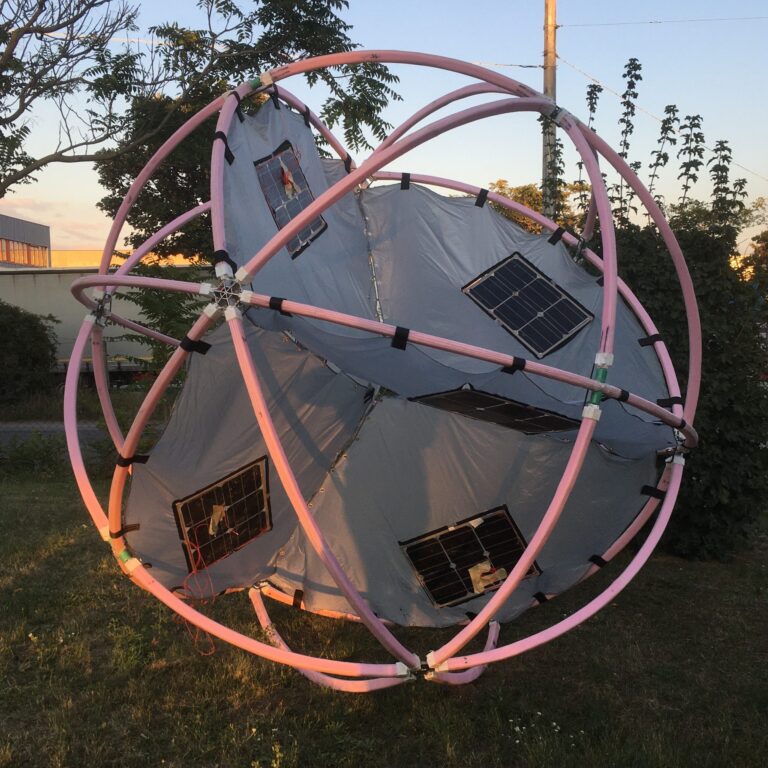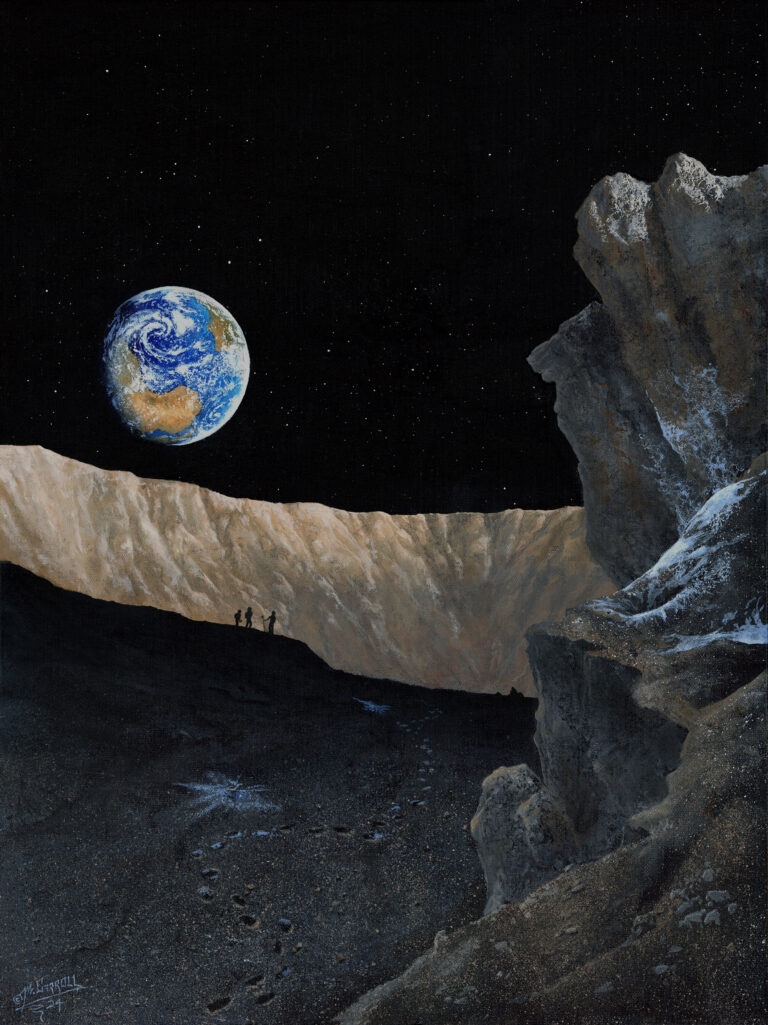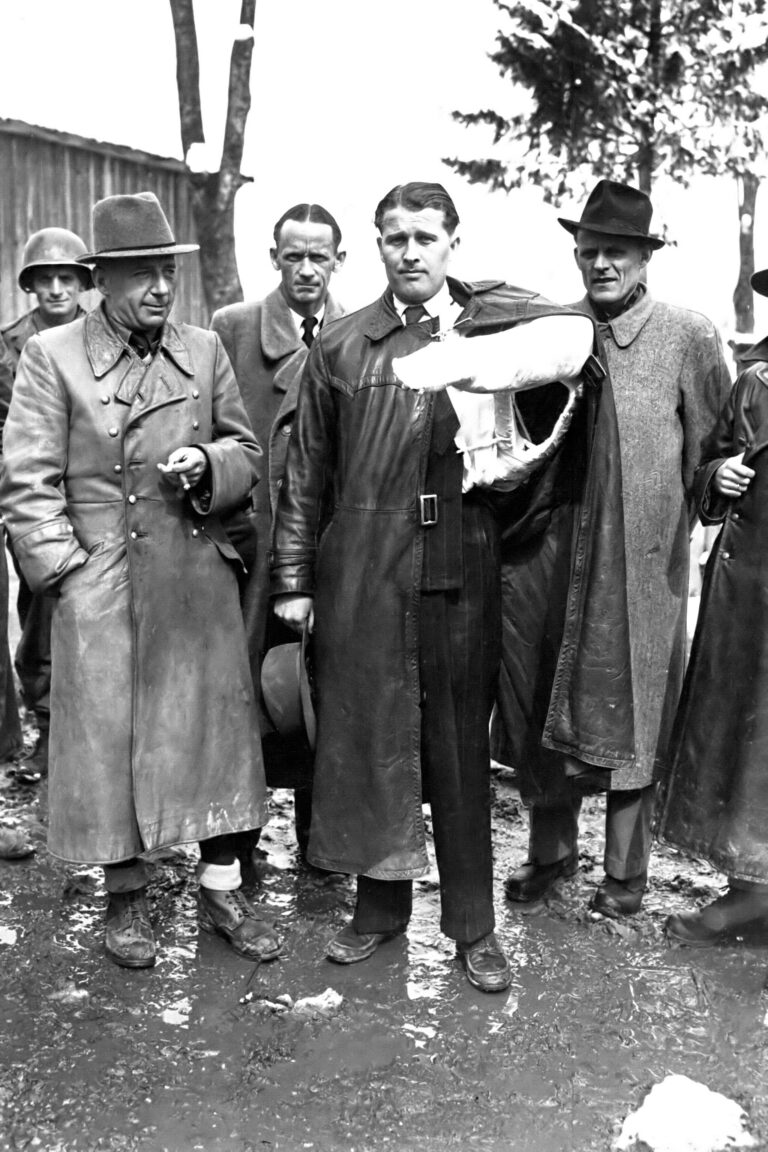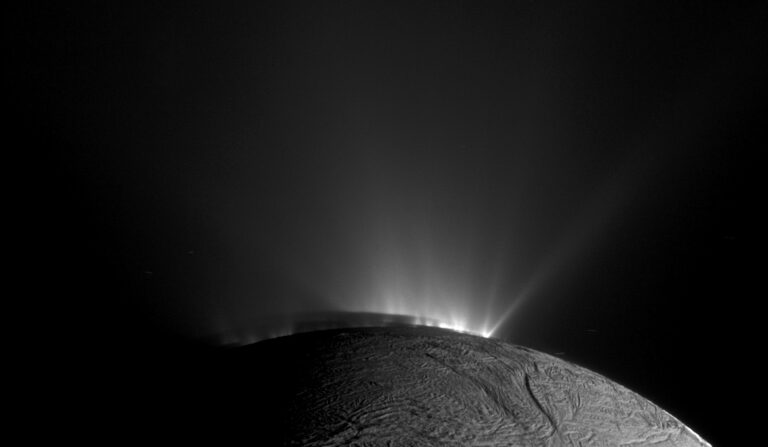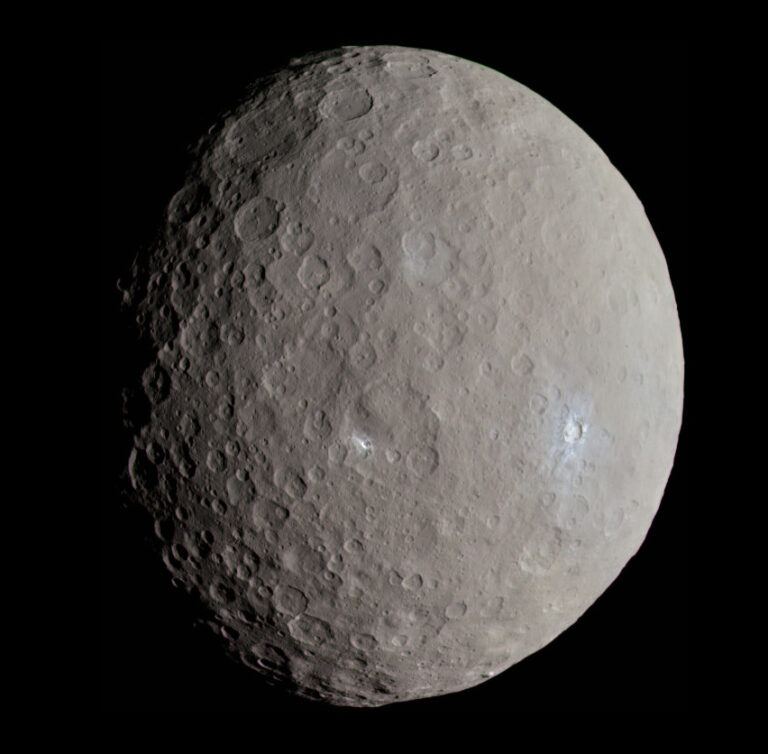Key Takeaways:
After neglecting our sister planet for almost three decades, NASA is heading back to Venus — and in a big way.
On Wednesday, June 2, NASA administrator Bill Nelson announced that the agency would send two new missions to Earth’s inner neighbor by 2030. One of them, DAVINCI+, is an atmospheric probe that will free fall to Venus’ surface, sampling its acidic clouds and snapping closeups of its terrain. The other, VERITAS, will study the planet from orbit with state-of-the-art radar and imaging instruments.
The news thrilled many in the planetary science community who have been clamoring for decades for NASA to return to Venus. The last NASA mission to target Earth’s sister planet was the Magellan probe, which orbited Venus from 1990 to 1994. Although the hellish world often serves as a flyby waypoint for spacecraft seeking a gravitational slingshot to more distant locales, its only dedicated visitors in the last 27 years have been ESA’s Venus Express and Japan’s Akatsuki (or “Dawn”).
Both DAVINCI+ and VERITAS were competing in a pool of four proposals under NASA’s program of low-budget ($500 million) Discovery-class missions. NASA had said it would approve up to two proposals, and one Venus mission was widely expected to make the cut. But NASA’s decision to double down on Venus came as a surprise.
“Everyone hoped that one of the two slots would be a Venus mission,” says Justin Filiberto, who is a member of the DAVINCI+ team and a geochemist at the Lunar and Planetary Institute in Houston. “But this is incredible because it makes a mini Venus exploration program.”
The two proposals that missed out were the Io Volcano Observer, which would have studied Jupiter’s volcanically active moon Io, and Trident, which would explored Neptune’s icy moon Triton.
DAVINCI+ is short for Deep Atmosphere Venus Investigation of Noble gases, Chemistry, and Imaging; the plus sign was added when the mission’s proposal was revised and enhanced in 2019. VERITAS’ full name is Venus Emissivity, Radio Science, InSAR, Topography & Spectroscopy.
Complementary craft
While Venus has long taken a backseat to Mars in planetary exploration, over the past few decades, scientists have come to realize that the landscape that lies beneath Venus’ perpetual layer of clouds could once have been similar to Earth’s — and perhaps even supported life. A major objective of the two new missions will be to understand why these planets diverged.
When DAVINCI+ hits the venusian cloud tops, it will become the first NASA mission to study Venus’ atmosphere since 1978, and the first from any nation since the USSR’s Vega missions in 1985. Its ability to directly sample its surroundings means DAVINCI+ will be able to put together a complete profile of Venus’ atmosphere, layer by layer. It will also be able to sniff out interesting compounds — perhaps even phosphine, which was detected by radio astronomers last year, to much fanfare. On Earth, phosphine is produced by microbes, which lead the team to float the possibility that the venusian clouds could harbor life; after a data processing error was found, the team revised its estimate of phosphine levels downward, which opens the door to other interesting geochemical processes.
Although DAVINCI+ is not designed to survive its planned hard landing on the surface of Venus, nor the sweltering conditions it will encounter there, it will return images of the terrain taken below the cloud deck during its descent. Scientists hope to learn whether the region’s rocks are made of continental granite or volcanic basalt. “The big difference there is that if there is granite, then that means there was water in the interior of Venus — whereas if it was ancient basalt, then there doesn’t necessarily have to be water,” says Filiberto. “So that tells a very different story about habitability.”
VERITAS will likewise try to piece together Venus’ geological evolution from orbit. “Determining whether Venus is actively undergoing volcanic activity and understanding what process is driving it is one of the really exciting questions I’d love to see answered,” said Jennifer Whitten, a VERITAS team member and planetary scientist at Tulane University in New Orleans, in a 2020 press release. It’s possible that it will observe changes in volcanoes and their lava flows since Magellan and Venus Express visited, says Filiberto.
Part of what makes scientists so excited is that the capabilities of the two spacecraft are highly complementary. “We have such different spatial resolution of our datasets,” says Filiberto. “DAVINCI+ is going to be able to see these ancient rocks in higher resolution than VERITAS, but VERITAS is going to have global coverage, so they’re going to able to put our pinpoint into context.”
There also could be more craft joining the party soon. Later this month, ESA will select between two proposals for its next medium-sized mission — one of which, EnVision, is another Venus orbiter. Plus, Russia and India are separately planning their own Venus missions.
“Venus might get crowded in the next decade,” says Filiberto.
Biden’s NASA takes shape
NASA Administrator Bill Nelson made the announcement during a “State of NASA” address, his most expansive statement on the space agency’s agenda since he was nominated by President Joe Biden earlier this year and sworn in by Vice President Kamala Harris on May 3. For the most part, that agenda continues the direction set by his predecessor, Jim Bridenstine, under the Trump administration. Nelson, 78, is a former Democratic U.S. senator from Florida and flew on the space shuttle Columbia in 1986 as a congressman.
In the Senate, Nelson was a vocal proponent of NASA’s Space Launch System (SLS), which is the launcher, derived from the space shuttle, that will send astronauts back to the Moon under the Artemis program. Though SLS has suffered numerous delays and is over budget, Nelson’s nomination was a signal that the Biden administration would not abandon the launch system for a commercial alternative. In his speech, Nelson praised the program and reaffirmed NASA’s commitment to landing the first woman and the first person of color on the Moon.
One notable shift for NASA is a renewed emphasis on Earth science as part of Biden’s climate agenda. Nelson led his speech by discussing NASA’s Earth System Observatory, an ambitious initiative announced last week that aims to design and fly a set of satellites devoted to comprehensively monitoring Earth’s changes. Nelson also gave a personal anecdote of his time in space, referencing the “overview effect” that astronauts have reported, where they obtain a newfound appreciation for both the planet’s beauty and fragility.
The only big piece of news from Nelson’s speech was the selection of DAVINCI+ and VERITAS, which he saved for last and announced with a prepared video — a moment of elation for the chosen science teams. “When the video came on, I thought it was like watching the Oscars,” with a montage of all of the nominees, says Filiberto. “It took me a while to realize they were showing both of the winners.”

